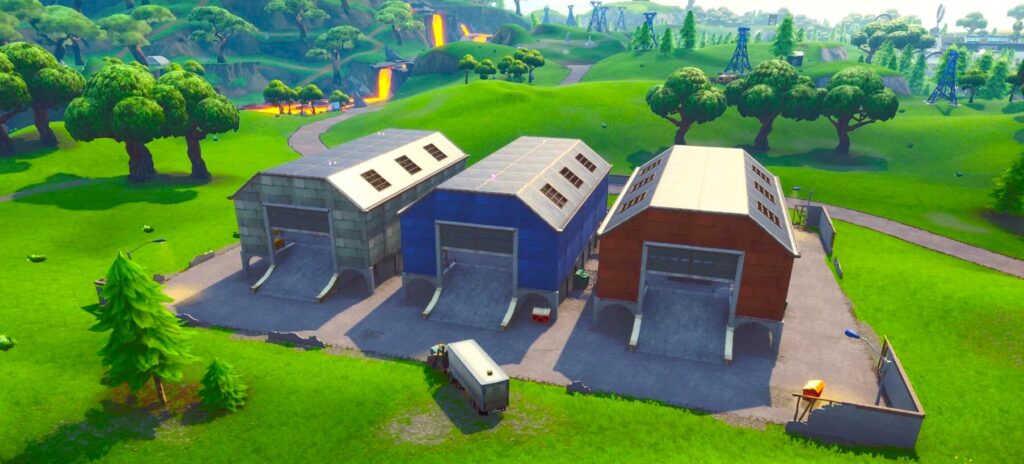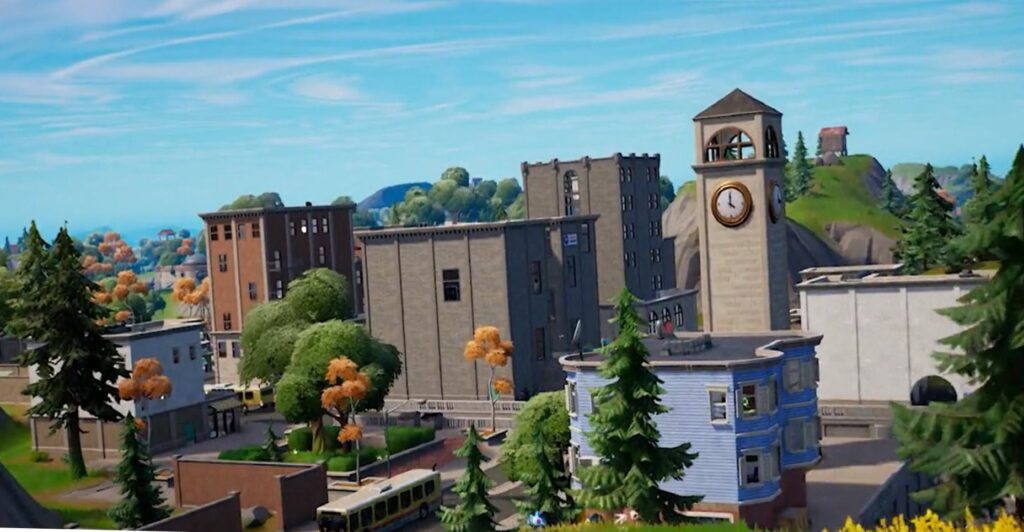Fortnite has been one of the most influential and successful games of all time, but despite its massive player base and cultural impact, it has its fair share of critics. Many players feel that Fortnite has lost its magic over time, while others never enjoyed it in the first place. Whether you’re a veteran frustrated with recent changes or a newcomer wondering why the game gets so much hate, this article covers everything wrong with Fortnite in 2025.
1. The Skill Gap and Sweaty Players
One of the most common complaints about Fortnite is its steep learning curve. What started as a relatively casual battle royale experience has evolved into a highly competitive game dominated by experienced players who build at lightning speed. New players often struggle to keep up, as they are thrown into lobbies where they face opponents with years of experience and a deep understanding of the game’s mechanics. The matchmaking system, despite efforts to balance games, still places beginners against skilled players, making it difficult for newcomers to have an enjoyable experience.
The building mechanics, while innovative, have become too demanding for casual players. In its early days, Fortnite allowed for creative engagements where players could use structures to gain an advantage. However, over time, the speed and complexity required to compete at higher levels have skyrocketed. Today, if you cannot build elaborate towers and edit structures at lightning speed, you stand little chance against more experienced players. Many casual gamers find this overwhelming and frustrating, which drives them away from the game.
Even in casual modes, Fortnite is plagued by hyper-competitive players who bring a “sweaty” mindset into every match. This means that even if you just want to relax and have fun, you’ll likely run into opponents who are taking every engagement seriously, using advanced techniques to eliminate you quickly. The inability to have a truly casual experience makes Fortnite a frustrating game for those who don’t want to dedicate hours of practice to staying competitive.
2. Constant Meta Changes and Overpowered Weapons
Epic Games frequently updates Fortnite’s weapons, vehicles, and mechanics, which keeps the game fresh but also introduces major balance issues. New weapons are often introduced with power levels that make them feel unfairly strong. Many times, these overpowered weapons dominate the gameplay, making it feel like winning requires using the latest additions rather than skill or strategy. This results in a frustrating experience where players feel forced to adapt to the ever-changing meta rather than enjoying their preferred playstyle.
Furthermore, Fortnite constantly nerfs and buffs weapons, disrupting any sense of consistency. Players who spend time mastering a particular weapon or strategy may find that their efforts are wasted when an update suddenly changes its effectiveness. This unpredictable cycle of buffs and nerfs makes it difficult to develop long-term strategies, as you never know which weapons will remain viable from one season to the next.
Competitive integrity also suffers due to these frequent changes. Professional players and serious gamers find it difficult to maintain a consistent approach to the game when the rules and mechanics shift so frequently. Unlike traditional esports titles that maintain a stable competitive environment, Fortnite’s ever-evolving meta forces players to constantly readjust, making it difficult to truly master the game.
3. Over-Reliance on Gimmicks and Collaborations
Fortnite has become infamous for its numerous collaborations with major franchises like Marvel, DC, and Star Wars. While these partnerships have brought exciting crossovers, they have also overshadowed the core identity of the game. Many players feel that Fortnite no longer has a unique personality but instead serves as a platform for pop culture references and promotional tie-ins.
With every new season, Fortnite introduces a slew of crossover skins, weapons, and abilities that often take precedence over meaningful gameplay improvements. These constant additions make the game feel more like a collection of branded content rather than a cohesive experience. The frequent reliance on these gimmicks detracts from the essence of Fortnite as a battle royale game, making it difficult for long-time fans to stay engaged.
Live events, while visually impressive, often prioritize spectacle over substance. Epic Games invests heavily in flashy events that generate hype but fail to address core gameplay concerns. Players may enjoy these events momentarily, but they rarely bring lasting improvements that enhance the overall experience. Many fans miss the days when Fortnite felt like its own unique universe rather than a revolving door of brand promotions.
4. Poorly Optimized Performance and Bugs
As Fortnite has grown, so have its technical issues. The game has become increasingly demanding on hardware, leading to performance problems even on high-end PCs and consoles. Many players experience frame drops, stuttering, and lag, which can make the game feel unplayable at times. These performance issues create an uneven playing field where some players benefit from smoother gameplay while others struggle to keep up due to technical limitations.
Bugs and exploits further frustrate the community. While no game is free of glitches, Fortnite seems to suffer from persistent issues that can disrupt gameplay. From broken physics to game-breaking exploits, players often encounter frustrating technical problems that Epic Games is slow to fix. This inconsistency makes the game feel less polished and professional, especially for competitive players who rely on a stable experience.
Another major issue is hit registration, where bullets sometimes fail to connect properly with targets. Many players report that despite aiming accurately, their shots do not register as hits, leading to frustrating deaths. This issue undermines the skill-based nature of the game, as victories and losses can often feel arbitrary rather than a result of player ability.
5. Toxic Community and Teaming Issues
Like many competitive online games, Fortnite has developed a reputation for having a toxic player base. Many players encounter toxic behavior in public lobbies, including trash talk, griefing, and unfair teaming. This negative atmosphere makes it difficult for some players to enjoy the game, as interactions with others can be discouraging.
Stream sniping is another major issue, especially for content creators and high-profile players. Many Fortnite streamers find themselves targeted by players who deliberately seek them out to disrupt their games. This not only ruins the experience for the streamer but also undermines fair competition.
The reporting system in Fortnite, while present, often feels ineffective. Many players report encountering cheaters, griefers, and teamers without seeing any meaningful consequences. This lack of enforcement contributes to a frustrating environment where players feel that rule-breakers can get away with unfair behavior.
Is Fortnite Still Worth Playing?
Despite its flaws, Fortnite remains one of the most influential games in the industry. However, its increasing reliance on gimmicks, aggressive monetization, and frustrating gameplay changes have alienated many long-time players. Whether or not Fortnite “sucks” is ultimately subjective, but these issues highlight why so many people have grown frustrated with the game.
If Epic Games can address some of these concerns—such as improving matchmaking, balancing weapons better, and listening more to the community—Fortnite might regain its former glory. Until then, many players continue to ask the question: is Fortnite still fun, or is it just a shadow of its former self?
What do you think? Does Fortnite suck, or are people just too nostalgic? Let us know in the comments!





